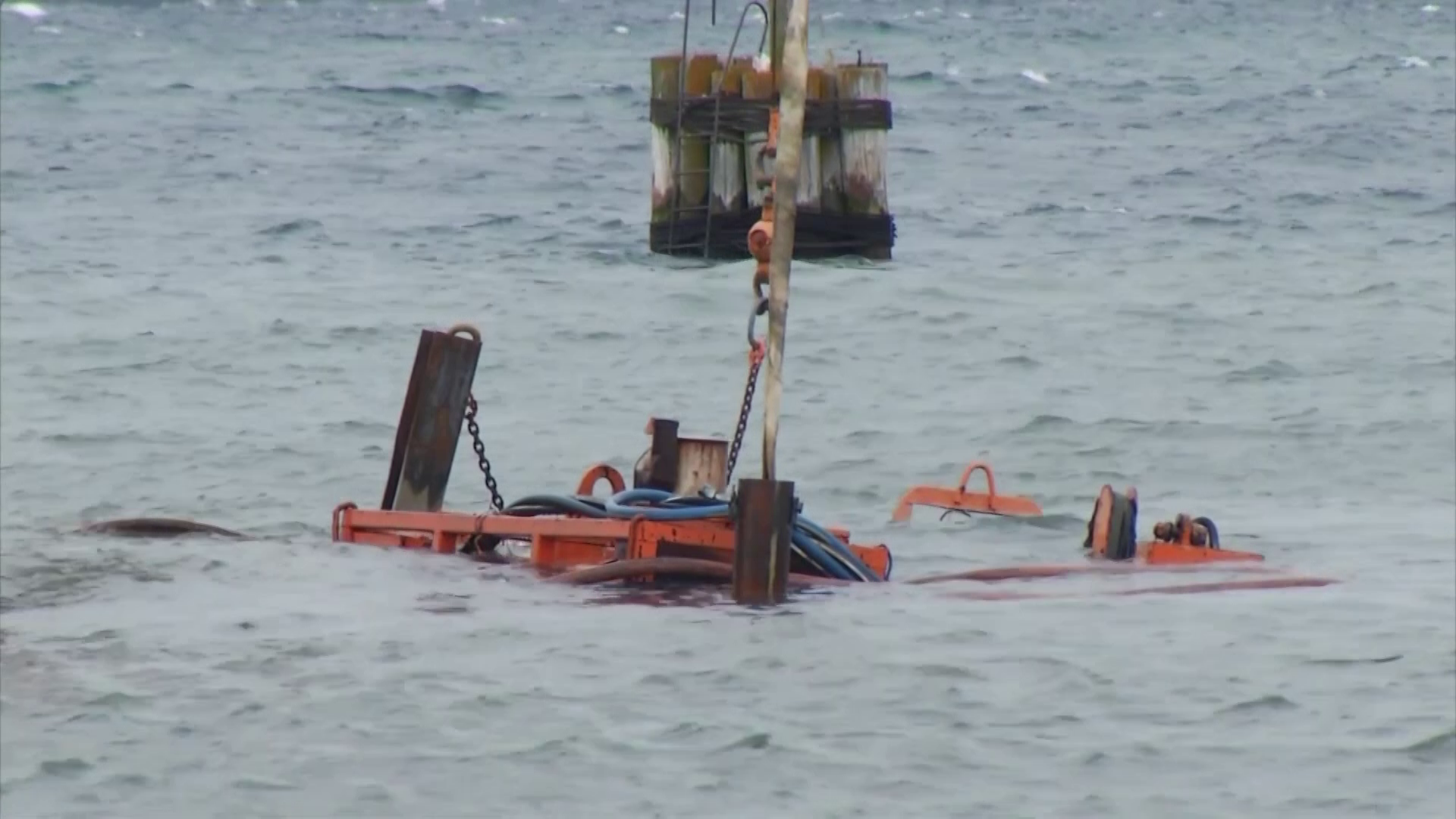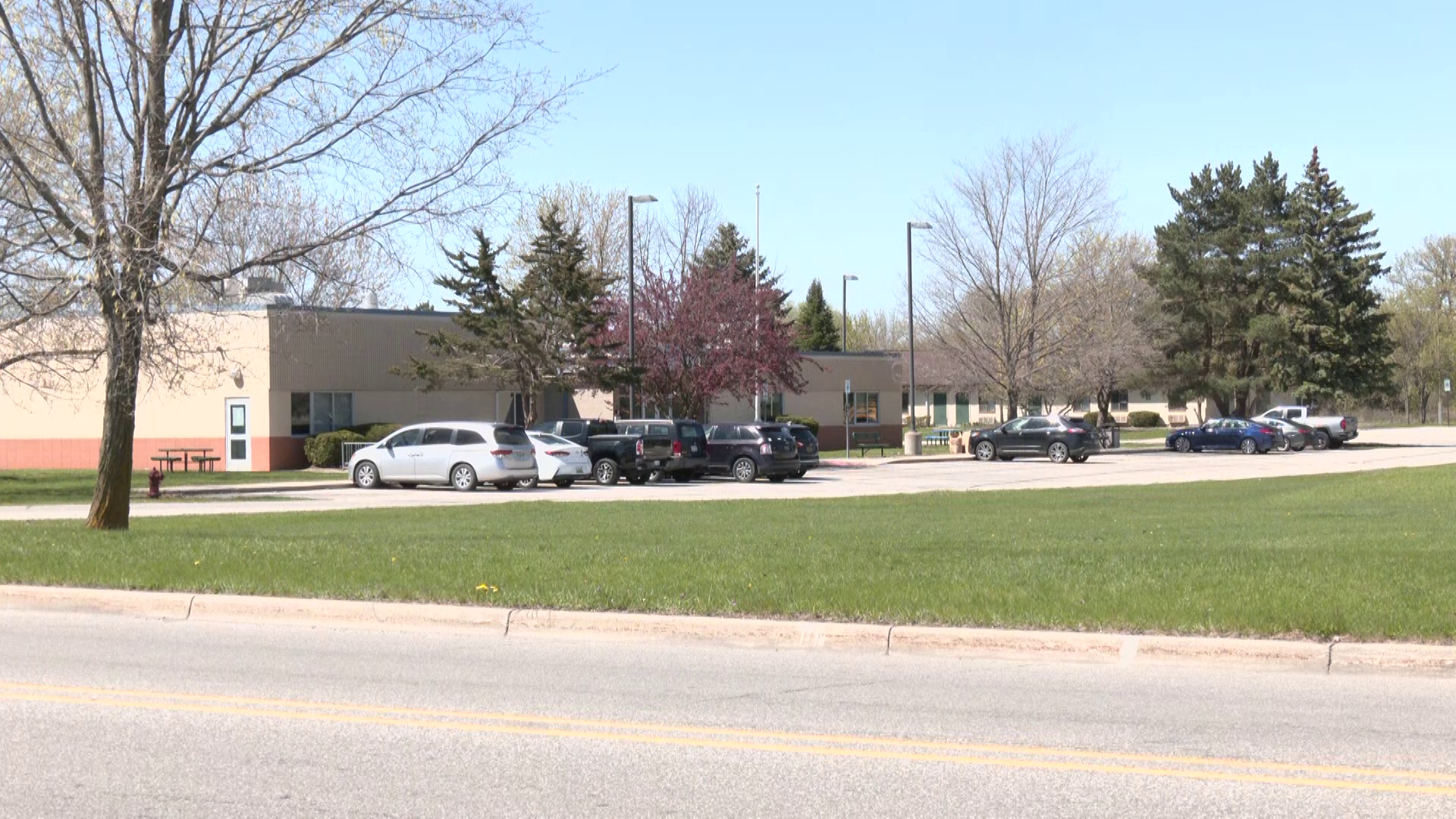

Seniors are among the most vulnerable population in the heat, so it’s important to check on your loved ones when temperatures get this hot. But we found one group of seniors who have a strategy to beating, or at least staying ahead of, the heat.
They’re playing pickleball, a routine weekly activity at the Grand Traverse Senior Center. But this group only plays in the morning hours. After noon they say it’s just too hot to keep going.
Even with limited hours and frequent breaks, their normal group of 50 or more was cut down to about a dozen in Wednesday’s heat. Pickleball Coordinator Patty Olson says, “We start at 9 (a.m.). We know the heat, we know ourselves. We are all prepared with our electrolytes and our water and our spray bottles. As you can see we’re sitting a lot in between games. Which on a normal day we don’t. It goes-goes-goes with sometimes 50 or 60 people. (Today) there are a lot of people not here. They’re either inside where it’s air conditioned, with a group, or they’re choosing to avoid the heat.”
Grand Traverse County says the network of senior centers can serve as emergency cooling stations if there’s a need, along with the libraries and the Grand Traverse Mall.
From the National Institutes of Health:
During hot weather, think about making daily visits to older relatives and neighbors. Remind them to drink lots of water or juice, as long as their doctor hasn’t recommended otherwise because of a pre-existing condition. If there is a heat wave, offer to help them go someplace cool, such as air-conditioned malls, libraries, or senior centers.
Older people can have a tough time dealing with heat and humidity. The temperature inside or outside does not have to reach 100°F to put them at risk for a heat-related illness. Headache, confusion, dizziness, or nausea could be a sign of a heat-related illness.
Go to the doctor or an emergency room to find out if you need treatment.
To keep heat-related illnesses from becoming a dangerous heat stroke, remember to:
- Get out of the sun and into a cool place—air-conditioning is best.
- Drink fluids, but avoid alcohol and caffeine. Water and fruit or vegetable juices are good choices.
- Shower, bathe, or sponge off with cool water.
- Lie down and rest in a cool place.
- Visit your doctor or go to an emergency room if you don’t cool down quickly.
See our related story on


© 2023 - 910 Media Group


